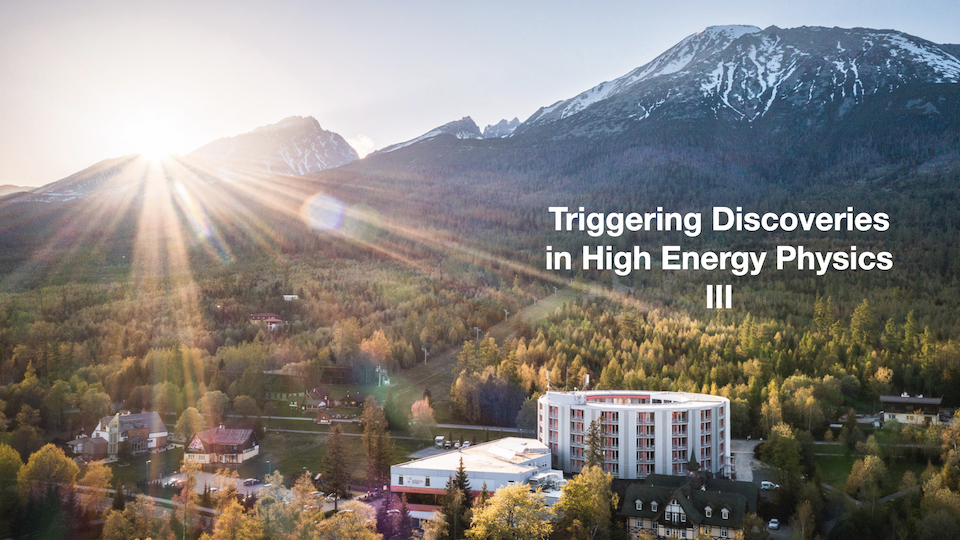Speaker
Description
The CMS trigger system is undergoing significant upgrades to prepare for the challenging conditions of the High Luminosity LHC (HL-LHC), where extreme pileup and higher event rates will push the system to its limits. At Level-1 (L1), new hardware and advanced algorithms, including machine learning, are being deployed to process data at rates up to 750 kHz, approximately 7.5 times the current Phase-1 rate. These upgrades will utilize tracking information as well as the new high-granularity calorimeter of the detector for the first time, enabling more precise object reconstruction and improved pileup mitigation.
In the High-Level Trigger (HLT), heterogeneous computing with GPUs will accelerate tasks such as particle tracking and calorimeter clustering. New algorithms and state-of-the-art pileup mitigation techniques, such as PUPPI for jets and missing transverse energy, will enhance performance in high-pileup environments. Additionally, new tagging techniques for identifying various physics objects will improve reconstruction performance, maintaining efficiency under extreme conditions. Together, these upgrades will allow CMS to meet the challenges of the HL-LHC and expand its physics reach in the coming years.
